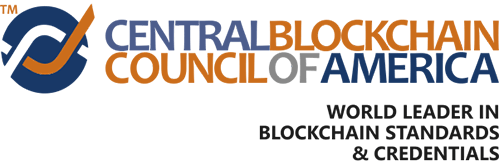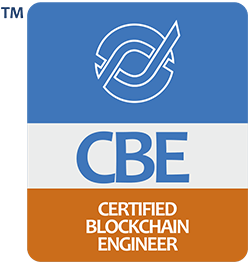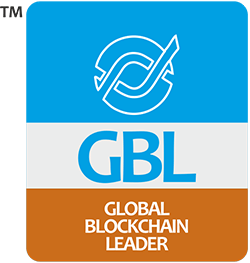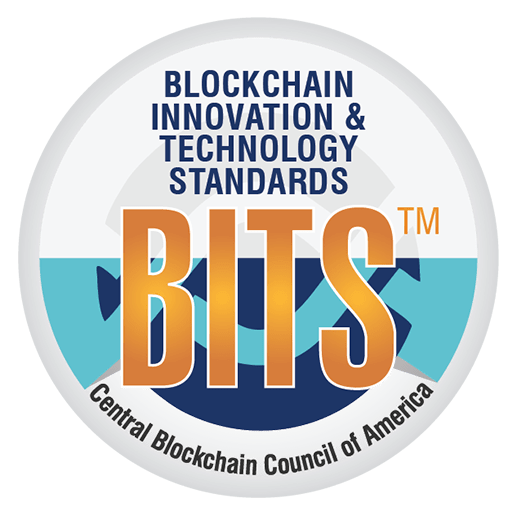Nov 20, 2019
The era of the (n) coin, much like the Dutch tulip mania, has gone into hibernation. Predictably so. Bubbles burst when they stretch beyond their holding power. For those who didn’t throw out the proverbial baby with the bathwater, however, opportunities of leveraging distributed ledger technology is still the promised land. And enterprises across the world are now gearing up for the era of Blockchain 2.0, a landscape beyond the heady gambling of decentralized currency of 2015-2018.
Blockchain applications and platforms have reached a certain degree of maturity in their life cycle, and if industry implementations are anything to go by, this will continue to hold. Touted as the democratization of the Internet, the new era of Blockchain 2.0 will not be a geek haven, but a pragmatic approach to solving real-world business and governance issues. Smarter, faster and more secure, the promise of the new era of blockchain will be more than 80% about business and 20% about technology. The erstwhile security concerns have already been resolved by the likes of Hyperledger and Sawtooth, paving the way for secure, programmable transactions in industries like finance, infrastructure, oil and gas and even education. Here’s a look at how blockchain will change the way business is done, this time outside of autonomous currencies.
Microtransactions
Security is the key here. Blockchain 2.0 will facilitate automated and programmable microtransactions which will be decentralized. With the increasing likelihood of autonomous vehicles, drones and AI, we see entire supply chains and distribution channels transacting with each other without human intervention. This is probably the simplest use case from among what lies in store. Programmatic transaction processing for businesses of all types will be driven largely by autonomous execution with advanced safety. Blockchain 2.0 for you.
Digital Assets
Tracking assets, information, and goods in the era of Industry 4.0 and IIOT will be powered largely by Blockchain 2.0. The earlier avatar of blockchain solved DRM issues to a certain degree but was ailed by cyber-attacks and security issues. Several platforms like Hyperledger Sawtooth, R3 Corda, most notably EOS, Quorum, Tron, Neo, Multichain and Stellar offer smart functionalities for both the tracking and transfer of digital assets and their security in their respective decentralized platforms.
Smart Contracts
For smart contracts, according to industry experts, the blockchain platforms to watch out for in the future include Facebook Libra, Cardano, POA, Sovrin, Binance Chain, Insolar, Ziliqa, Lisk and Holochain. These are the platforms that are likely to see the fastest adoption by small and medium-sized businesses.
NOW FOR THE BIG BLUE
Several large enterprises have created their own blockchain ecosystems, with IBM being the major player in this segment. IBM’s food trust is a complete ecosystem of producers, suppliers, manufacturers, and retailers. From tracing fresh seafood and tracking them to their deliveries to the restaurant, offering all details of the inventory, produce, geolocation data of international food imports, all with secure, enterprise-level blockchain platform being the underlying technology.
If you thought the crypto winter and the regulatory affairs coupled with the skeptics had created an atmosphere of hostility towards all things blockchain, you couldn’t be further from the truth. Blockchain in enterprise process and governance is here to stay, and some of the largest employers across the world are silently making their transition to blockchain-oriented projects. Think Sawtooth, not Bitcoin, and gear up for a career in the technology that will shape the next decade with the world’s most widely recognized and comprehensive blockchain certifications! Get ahead in your career and build your niche in blockchain 2.0 today!








